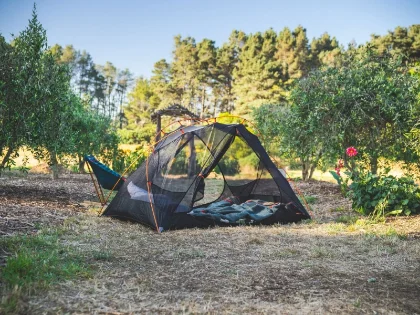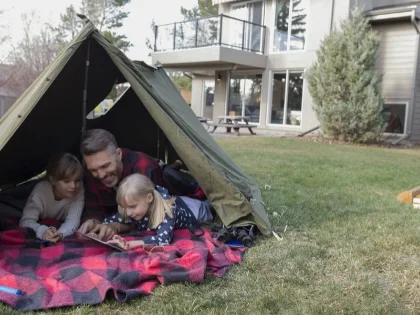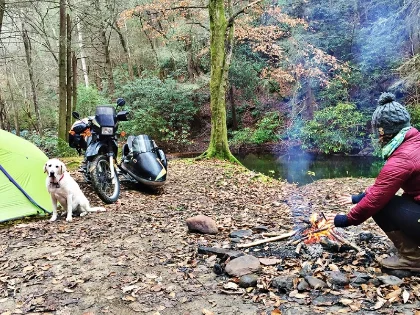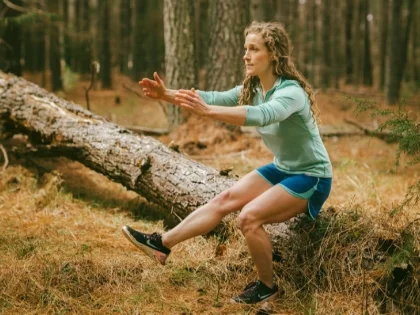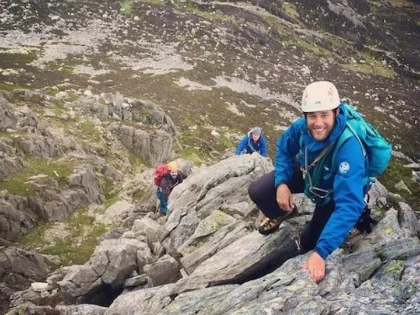Is Camping Good For Depression?
A stroll in the outdoors is known to improve one's mood. But it goes to a whole new level when you camp. Serotonin is released when you breathe in the clean, campfire air, so that feeling you get is real.
Additionally, you can reset your circadian clock by sleeping away from artificial lights, which will lead to a more peaceful night's sleep and increased energy.
Increasing serotonin levels
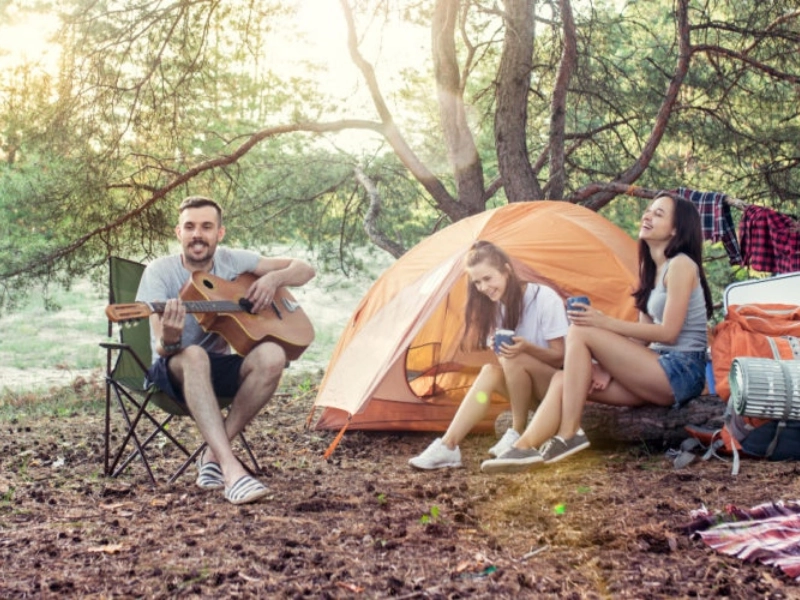
Hiking, exploring the area, and setting up camp are examples of physical camping activities that raise blood oxygen levels, which in turn help control melatonin and serotonin. Your body produces fewer stress hormones as a result, which helps you think more clearly and peacefully.
Your mood can be lifted by exposure to natural light and the resulting production of vitamin D, which triggers the release of "happy hormones." Camping also means that you have to address challenges like where to put your tent, how to cook outside, and how to start a fire by hand. Your confidence and sense of success increase as a result.
Another common activity when camping is camping with loved ones or friends. This enhances your social wellbeing and helps you form stronger bonds with the people who matter most to you. Additionally, this might lessen your sadness and worry.
Reestablish the Circadian Rhythm
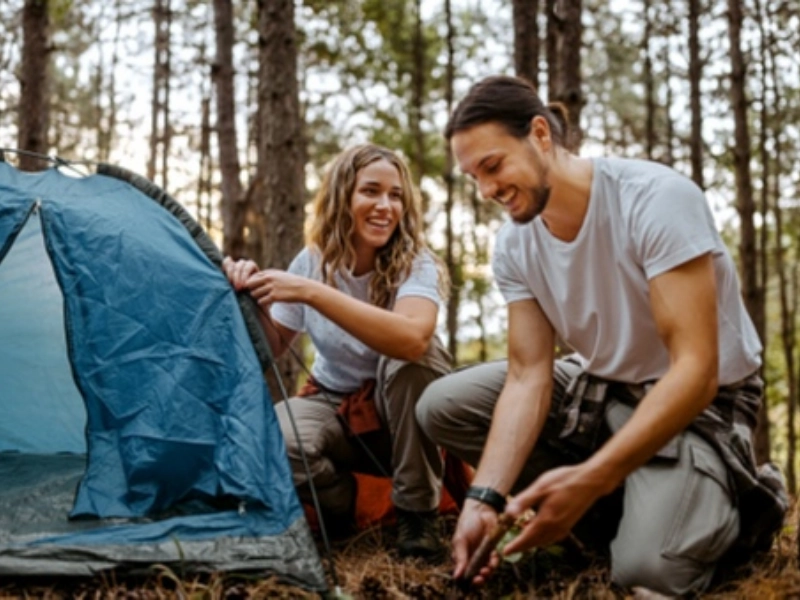
Camping not only increases serotonin but also helps you sleep better and restore your circadian cycle. When you go camping, the natural light and dark cycles can have a significant effect on your circadian rhythm, which can help control emotions, foster creativity, and give you more energy.
A regular sleep schedule is essential for maintaining mental health, as irregular sleep patterns can result in melancholy, mood swings, and grogginess. Following a week of camping, participants' circadian rhythms synchronized more with the cycles of natural light, according to a recent study by integrative physiology professor Kenneth Wright.
The decrease in artificial lighting, which can mess with circadian rhythms by giving the brain conflicting cues about when it's time to wake up and go to bed, was the main cause of this. The melatonin levels of campers were shown to increase at dusk and decrease at dawn, thereby contributing to the establishment of a healthy sleep-wake cycle.
Boost your vitality.

Frequent campers frequently comment on how they feel better and have more energy after their vacation. This is because being in a natural environment aids in the reset of your body's circadian rhythm, which controls your level of alertness during the day and your depth of sleep at night.
You can also enjoy outdoor activities like swimming, fishing, and hiking when you go camping. Compared to going to the gym, this can help you burn more calories and leave you feeling more energized.
Ultimately, spending time outdoors reduces the noise pollution from cars and equipment, which further enhances concentration. Instead, you'll hear the soothing sounds of rustling leaves and chirping birds, which helps lower your stress levels. It's the perfect way to relax. It's even more enjoyable if you bring a friend along! According to a study, socializing can prolong your life and postpone memory difficulties.
Obtain more restful sleep.
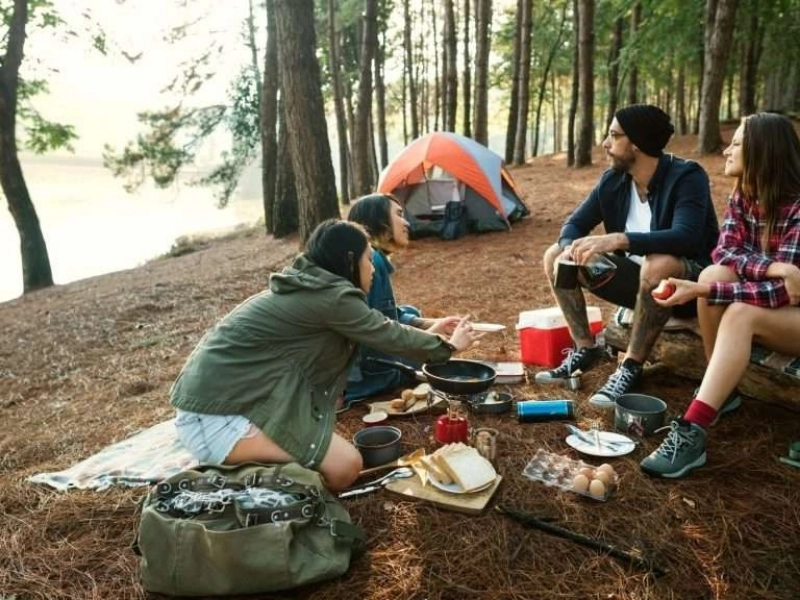
After a camping vacation, regular campers frequently say that their emotions appear to have improved for a few days. This might be because of how well the light affects vitamin D levels, which helps lessen depressive and anxious feelings. But it's also probably because camping involves physical activity, which causes the production of happy hormones.
In addition, there are numerous other health advantages to being outside. A more restful night's sleep can be achieved by improving your sleep hygiene and resetting your natural circadian cycles with the help of fresh air and reduced screen time. It has been demonstrated that spending time in the stillness of nature can help lower symptoms of mental illness and reduce stress.
Camping is a pleasant and social pastime that may be taken part in alone or with family and friends. It can foster a feeling of belonging and assist individuals in forming relationships with people who share their interests and values, all of which are advantageous to one's mental health.
